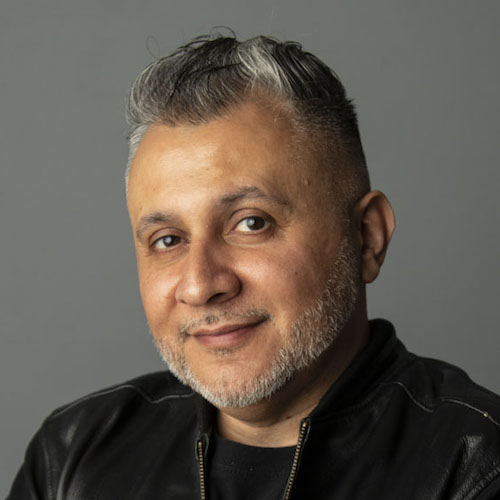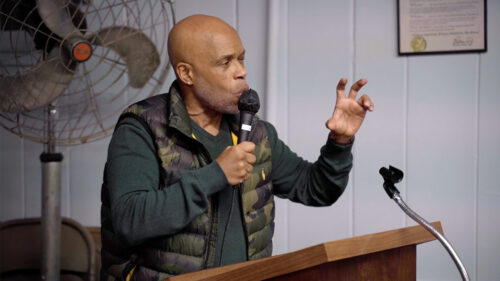
Virgilio Bravo
Producer/ Director
Vee Bravo is an independent documentary filmmaker, impact producer, and educator. Bravo has spearheaded the film education programs at Maysles Documentary Center and Tribeca Film Institute. As a filmmaker, Bravo directed and co-produced Estilo Hip Hop (PBS, 2009) and Primera (Max, 2021). He is a New York native, born in Chile.

